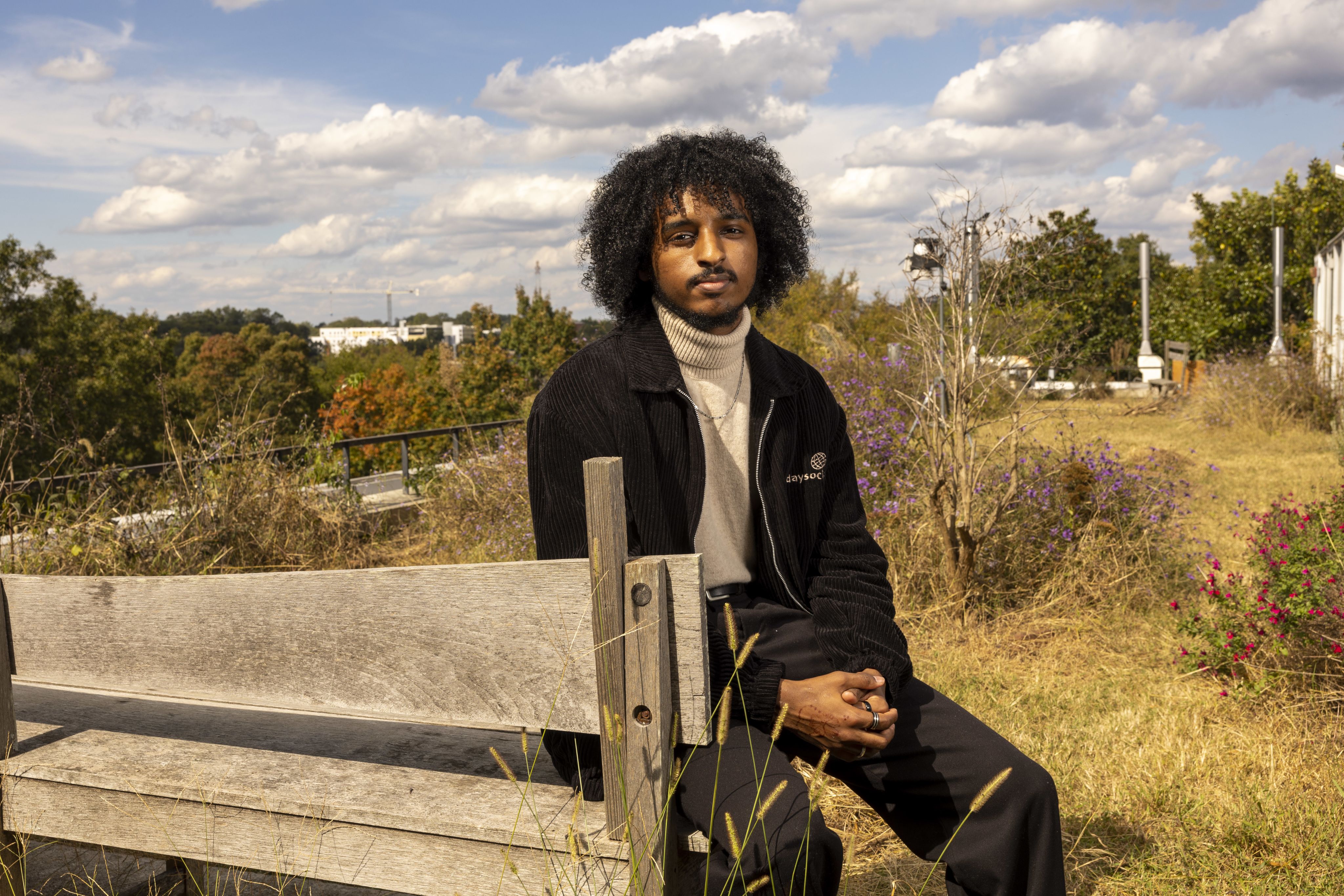THE SKY'S THE LIMIT
NASA internship launches student’s exploration of novel solutions to water and climate issues
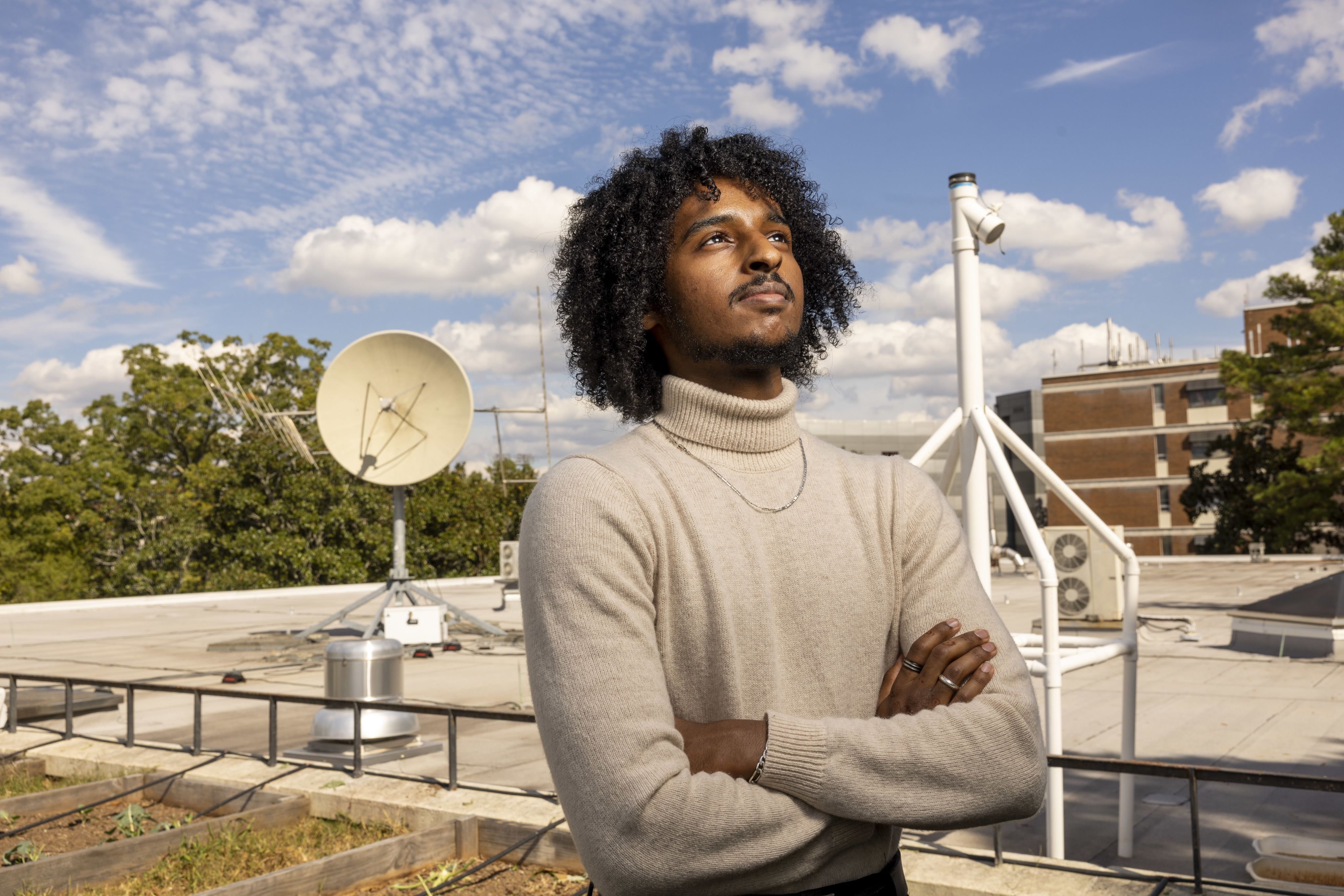
Nathan Tesfayi’s story is about resilience and big ambitions. Born in State College, Pennsylvania, to Ethiopian parents, his life journey has taken him from studies at the University of Georgia to research with NASA and more.
Tesfayi’s interest in the environment was sparked during his Advanced Placement environmental sciences class at Shiloh High School in Gwinnett County, Georgia.
At UGA, he majors in environmental resource science in the College of Agricultural and Environmental Sciences, where he has been mentored by Assistant Professor Nandita Gaur, his faculty advisor. She encouraged him to join the Student Airborne Research Program (SARP), a summer internship program at NASA.
SARP is an eight-week program during which students gain hands-on experience with airborne data collection on board one of NASA’s flying labs coupled with additional fieldwork to create complex data sets.
“Dr. Gaur was in the first class of SARP ever, and now I’m in the first class of SARP East,” Tesfayi said. “It’s kind of funny how it worked out, to be honest.”
Tesfayi’s work with SARP took him to the Chesapeake Bay area in Newport News, Virginia, where he worked with an aquatic research team to conduct water quality measurements via aircraft, boat and on foot. After careful data collection, he spent time meeting with local stakeholders, including local Chickahominy and Pamunkey nations, as well as analyzing and showcasing data for future use in local conservation efforts.
Now that he has completed his undergraduate studies, Tesfayi has graduate school in his sights.
“I think there’s so much more to learn,” he said. “One of the things that I got from all these internships that I’ve done is how much there is to learn, and then you understand that your undergraduate education is just the tiniest investigation into that.”
His planned area of study is remote sensing. He will be using satellite and drone imagery to collect environmental data, an area in which he already has gained experience through a prior project on flood mapping.
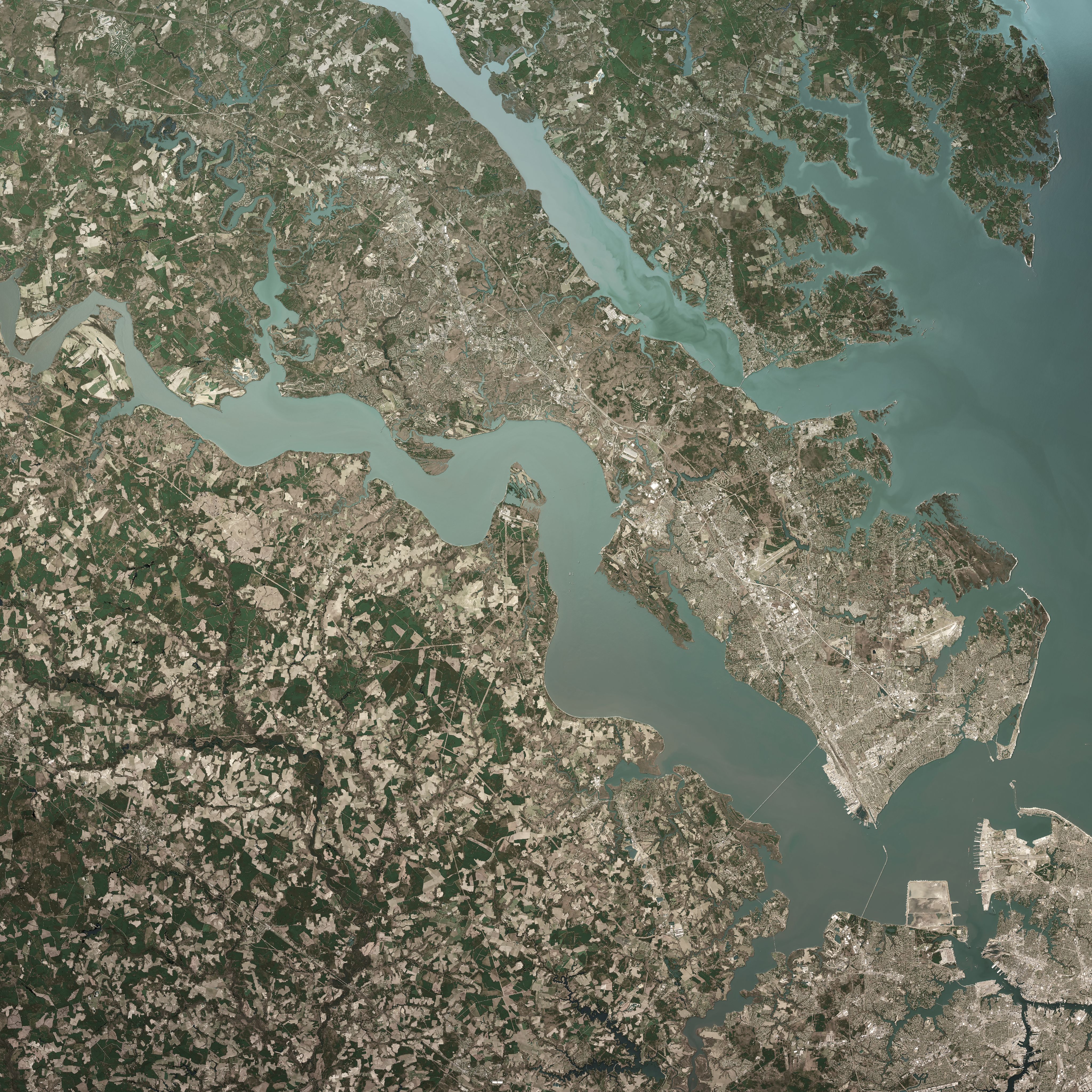
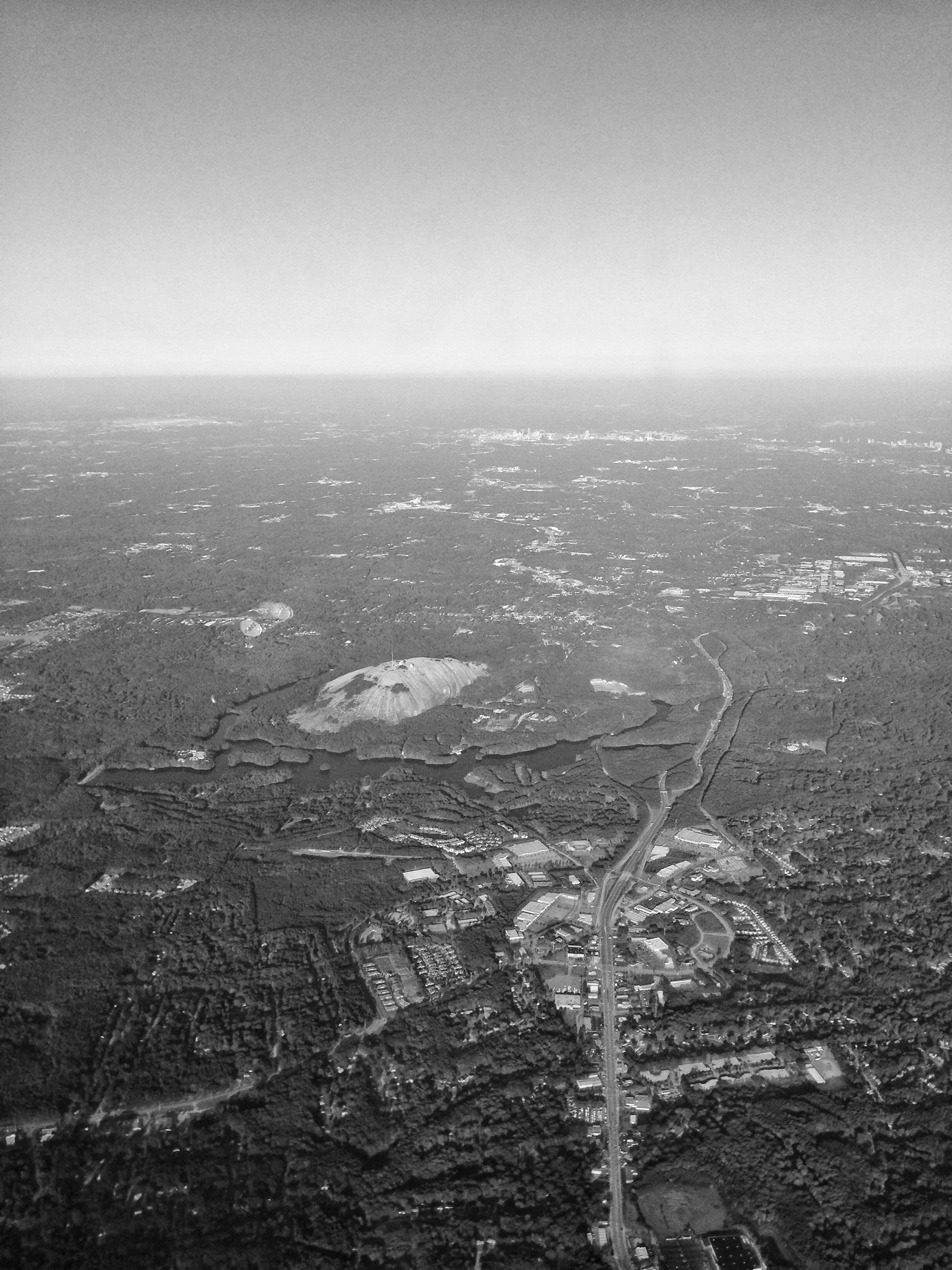
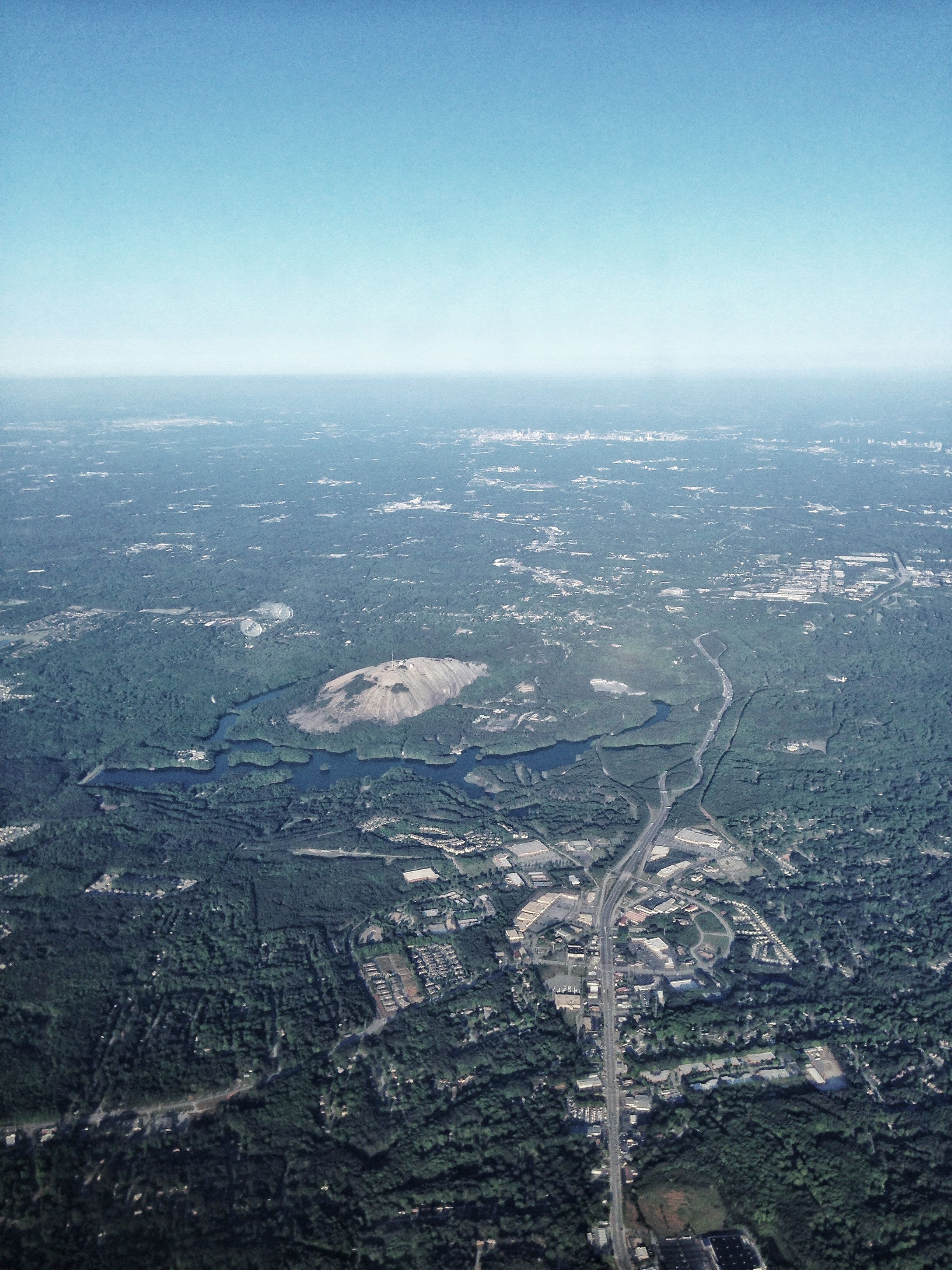
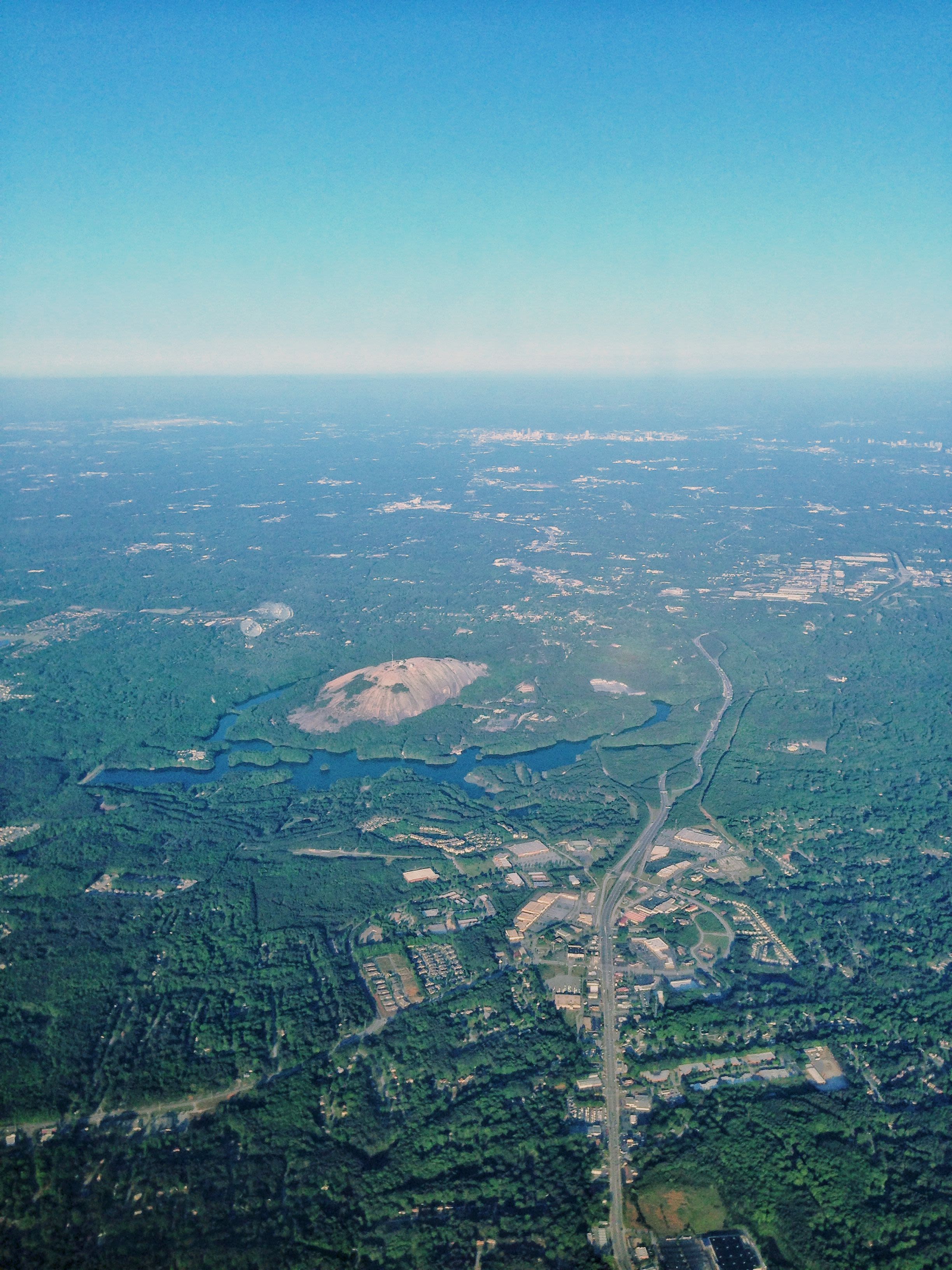
After graduate school, he would like to continue doing fieldwork and data processing that make a difference in the world through climate data.
He advises incoming students to try to experience as much as possible and not to let preconceived notions get in the way of opportunities.
“I think it’s important to realize that you have valuable things to bring to the table. Recognize your own unique strengths and potential,” he said. “If there’s something that you’re interested in, even if you have some doubts, go for it.”
He also recognizes that it is always important to find your community, something that is a huge part of the student culture at UGA.
“Community is a very big thing for me. EESA, the Ethiopian/Eritrean Student Association, has been very important to me,” Tesfayi said. “You’re never going to be represented everywhere, but finding a place where you can not only be yourself, but also see yourself represented, is like a home away from home.”
Learn more about CAES alumni and regional alumni events at caes.uga.edu/alumni.
News media may republish this story. A text version and art are available for download.



